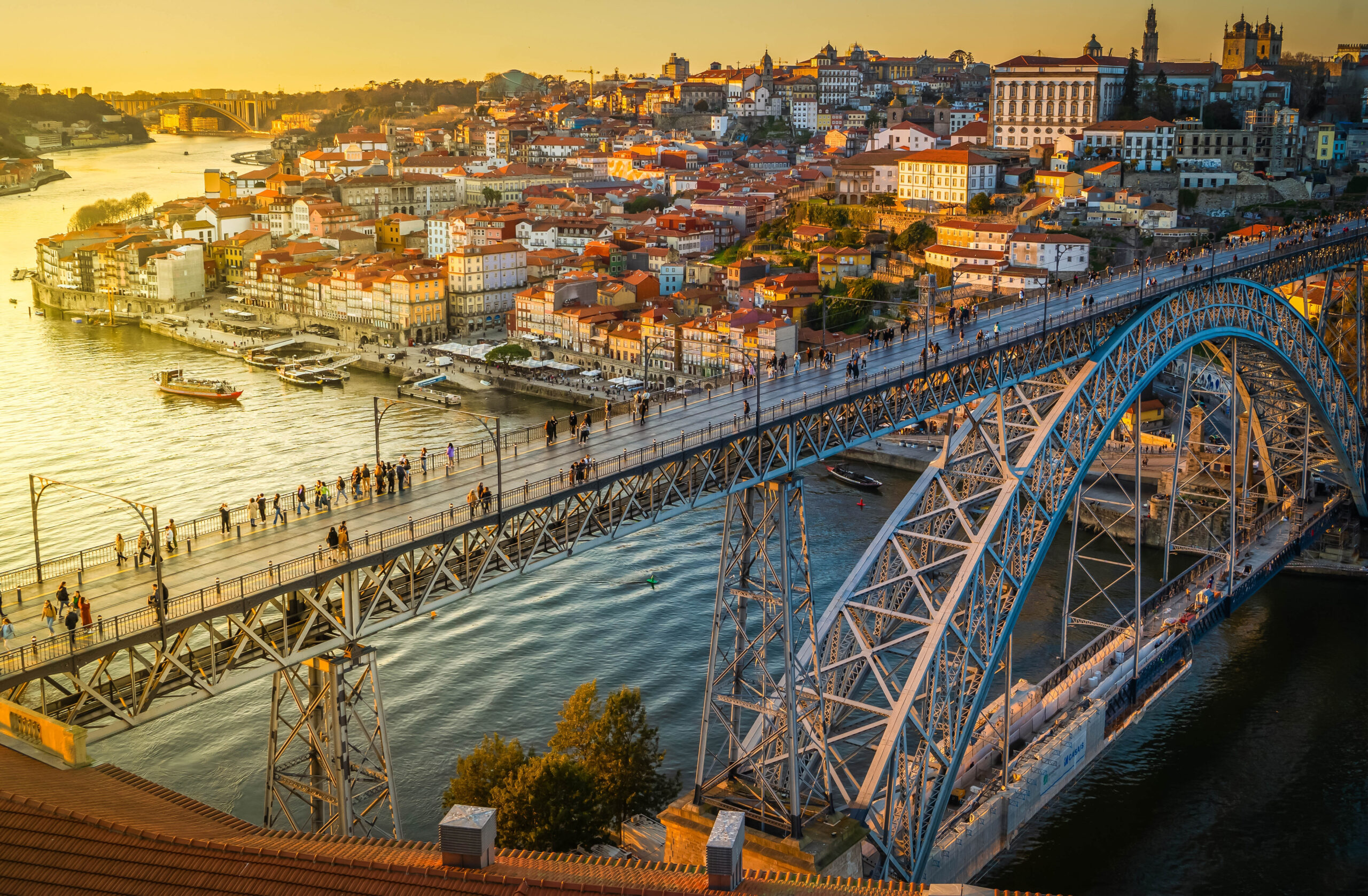
Everyone wants to live in Portugal. But is it good for everyone?
In recent years, Portugal has gone from being a beloved travel destination to a country of choice for thousands of foreigners — from Americans seeking peace, to Brazilians fleeing insecurity, to French families trading Paris for Lisbon, and digital nomads moving to Madeira with laptops in hand.
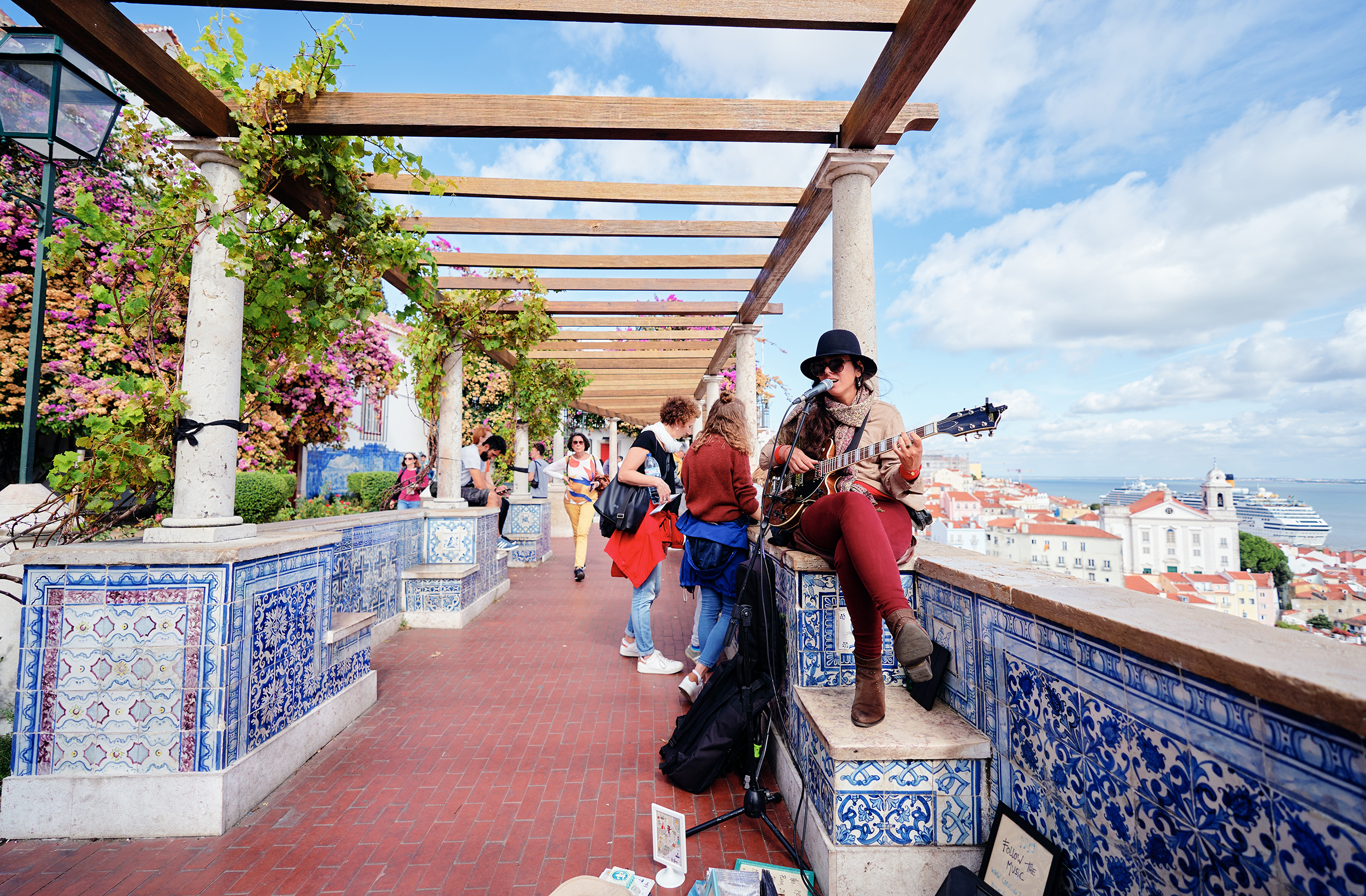
Miradouro das Portas do Sol
This phenomenon is no accident: Portugal tops global rankings for quality of life, peace and safety. In 2024, Condé Nast Traveller named Portugal the Best Country in the World to Travel, praising not just its beaches and wine, but up-and-coming regions like Melides and Comporta. (See article)
In 2025, the US-based platform Expatsi placed Portugal as the number one country Americans want to move to, ahead of Spain, Italy and Canada — based on over 110,000 survey responses. The reasons? Peace, public healthcare, affordability, climate, and freedom within the Schengen Zone. (Source)
The Guardian echoed this in its 2025 article “Why are so many Americans moving to Portugal?”, highlighting the contrast between life in the US and the social and economic stability found in Portugal. (See article)
A country that once sent emigrants around the world has now become a global hotspot — desirable, sought-after, praised. But can this “success” be sustained? And is everyone truly benefiting?
This phenomenon is no accident: Portugal tops global rankings for quality of life, peace and safety. In 2024, Condé Nast Traveller named Portugal the Best Country in the World to Travel, praising not just its beaches and wine, but up-and-coming regions like Melides and Comporta. (See article)
In 2025, the US-based platform Expatsi placed Portugal as the number one country Americans want to move to, ahead of Spain, Italy and Canada — based on over 110,000 survey responses. The reasons? Peace, public healthcare, affordability, climate, and freedom within the Schengen Zone. (Source)
The Guardian echoed this in its 2025 article “Why are so many Americans moving to Portugal?”, highlighting the contrast between life in the US and the social and economic stability found in Portugal. (See article)
A country that once sent emigrants around the world has now become a global hotspot — desirable, sought-after, praised. But can this “success” be sustained? And is everyone truly benefiting?

Albufeira
Who’s coming to Portugal — and why
Brazilians: The largest foreign community in Portugal. According to Público, in March 2025, then-Prime Minister António Costa confirmed there are at least 550,000 Brazilians living in the country. “It’s a minimum number. We don’t even know the actual total — it’s that large.” Source
The Brazilian community is diverse, including professionals in tech, healthcare and tourism, as well as workers in construction, hospitality and domestic services.
🇺🇸 Americans: Portugal ranks #1 on Expatsi‘s list of top countries for Americans to move to, based on a survey of more than 110,000 people. Source
Key factors:
- 7th in the Global Peace Index 2024 (US is 128th)
- Free public healthcare
- Anti-discrimination laws
- Safety and climate
🇫🇷 French and other Europeans: A steady, growing flow of residents choosing Lisbon, Cascais and the Algarve. Motivations include lifestyle, mild climate, and favourable tax regimes like NHR. Source
🌿 Madeira: Now on the map for digital nomads. Initiatives like the Digital Nomad Village in Ponta do Sol attract remote workers, creatives and tech freelancers to the island.
Who’s coming to Portugal — and why
Brazilians: The largest foreign community in Portugal. According to Público, in March 2025, then-Prime Minister António Costa confirmed there are at least 550,000 Brazilians living in the country. “It’s a minimum number. We don’t even know the actual total — it’s that large.” Source
The Brazilian community is diverse, including professionals in tech, healthcare and tourism, as well as workers in construction, hospitality and domestic services.
🇺🇸 Americans: Portugal ranks #1 on Expatsi‘s list of top countries for Americans to move to, based on a survey of more than 110,000 people. Source
Key factors:
- 7th in the Global Peace Index 2024 (US is 128th)
- Free public healthcare
- Anti-discrimination laws
- Safety and climate
🇫🇷 French and other Europeans: A steady, growing flow of residents choosing Lisbon, Cascais and the Algarve. Motivations include lifestyle, mild climate, and favourable tax regimes like NHR. Source
🌿 Madeira: Now on the map for digital nomads. Initiatives like the Digital Nomad Village in Ponta do Sol attract remote workers, creatives and tech freelancers to the island.

Ponte D. Luís I
Why is Portugal so attractive?
- Year-round sunshine and lifestyle
- Free public healthcare
- Political stability and safety
- Lower cost of living (vs. US and Northern Europe)
- Visa and tax incentives (NHR, D7, D8)
- Easy legal and cultural integration
- Positive international reputation
Why is Portugal so attractive?
- Year-round sunshine and lifestyle
- Free public healthcare
- Political stability and safety
- Lower cost of living (vs. US and Northern Europe)
- Visa and tax incentives (NHR, D7, D8)
- Easy legal and cultural integration
- Positive international reputation
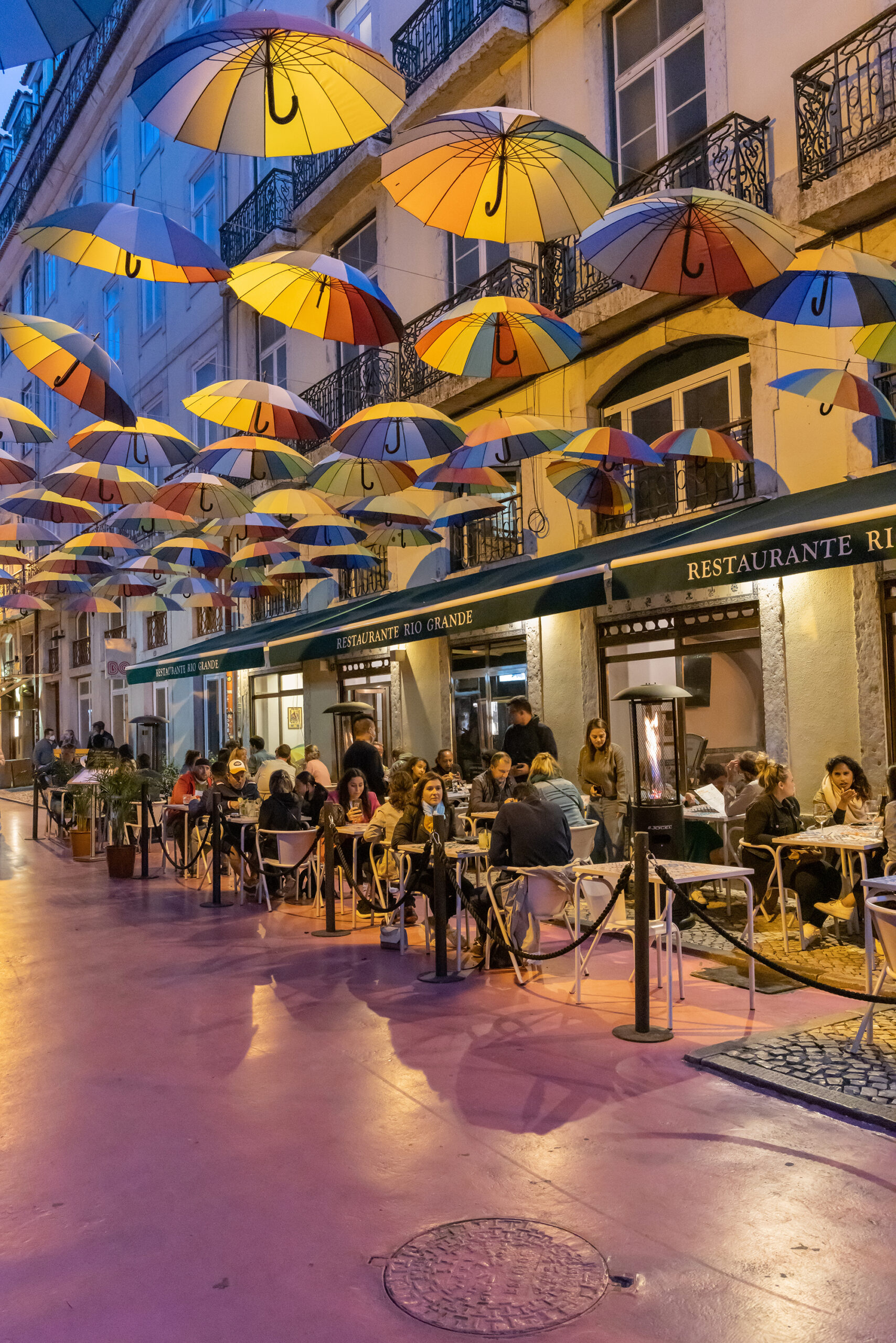
Lisboa
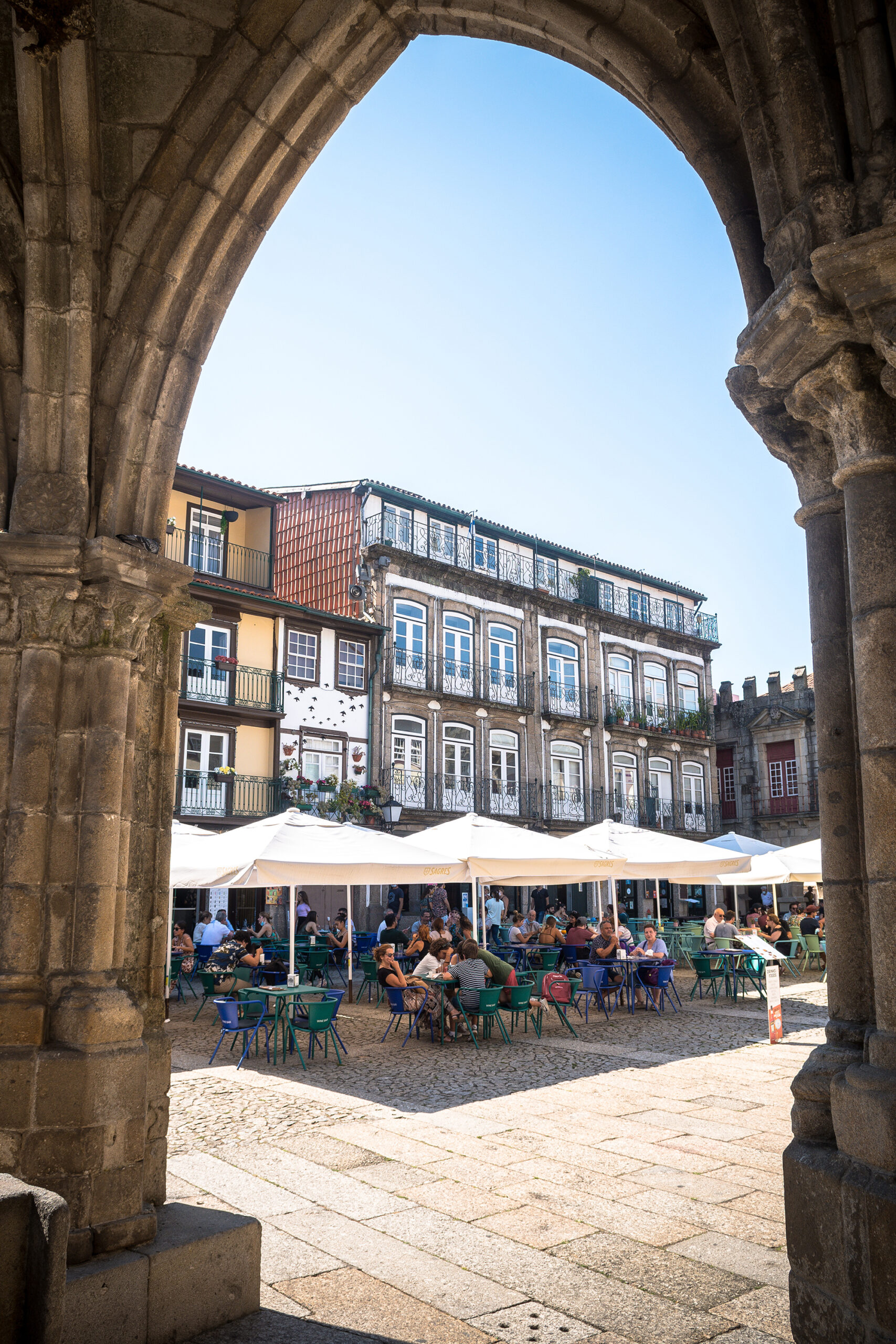
Guimarães
But who’s paying the price?
- Housing crisis: Property prices have doubled in major cities. Locals pushed to the suburbs.
- Gentrification: Neighbourhoods transformed, culture displaced.
- Inequality: Wealthy expats vs. precarious migrant workers.
- Public services under strain: schools, healthcare, infrastructure.
But who’s paying the price?
- Housing crisis: Property prices have doubled in major cities. Locals pushed to the suburbs.
- Gentrification: Neighbourhoods transformed, culture displaced.
- Inequality: Wealthy expats vs. precarious migrant workers.
- Public services under strain: schools, healthcare, infrastructure.
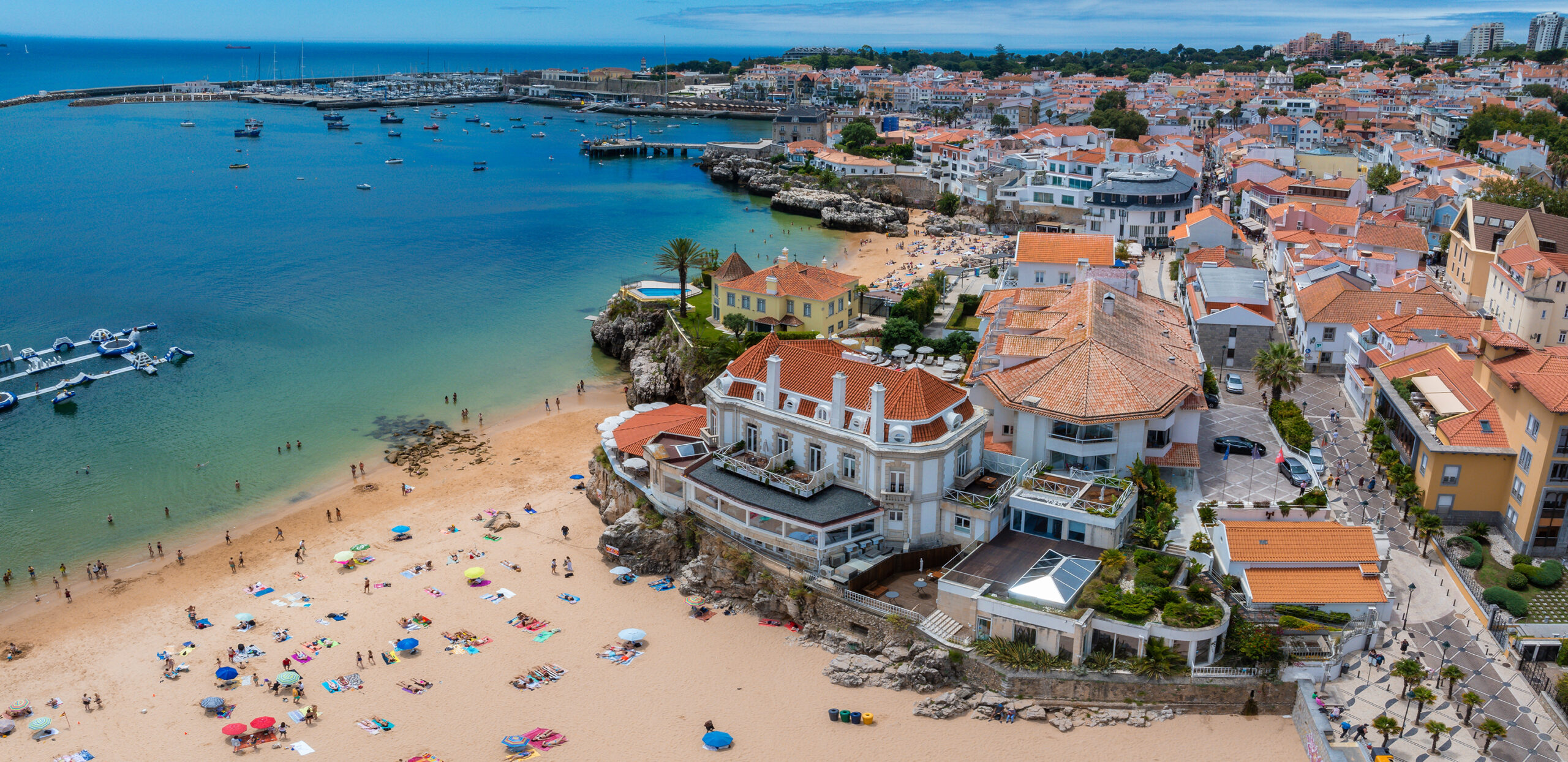
Cascais
What the numbers show
According to the latest data from Portugal’s Agency for Integration, Migration and Asylum (AIMA), by April 2025 there were 1.55 million foreign residents — about 15% of the national population. That figure has doubled in three years and nearly quadrupled since 2017.
- Brazilians represent 35% of the foreign population
- Followed by nationals from Angola and Cape Verde
- Fastest growth comes from wealthier countries: US, France, UK
Other key stats:
- 2022: 118,000 immigrants (record year)
- 2023: 328,000 foreign arrivals
- 2023: 31,000 Portuguese emigrants, mainly young graduates
Sources: AIMA, Pordata, Observatório da Emigração
These figures confirm this is more than a tourism trend — it’s a structural shift, with profound demographic, economic and urban consequences.
Final thought
Portugal remains a country that welcomes. But as it becomes the world’s favourite address, can it remain liveable, fair, and sustainable?
Can we stay the best country in the world… without risking the loss of who we are?
What the numbers show
According to the latest data from Portugal’s Agency for Integration, Migration and Asylum (AIMA), by April 2025 there were 1.55 million foreign residents — about 15% of the national population. That figure has doubled in three years and nearly quadrupled since 2017.
- Brazilians represent 35% of the foreign population
- Followed by nationals from Angola and Cape Verde
- Fastest growth comes from wealthier countries: US, France, UK
Other key stats:
- 2022: 118,000 immigrants (record year)
- 2023: 328,000 foreign arrivals
- 2023: 31,000 Portuguese emigrants, mainly young graduates
Sources: AIMA, Pordata, Observatório da Emigração
These figures confirm this is more than a tourism trend — it’s a structural shift, with profound demographic, economic and urban consequences.
Final thought
Portugal remains a country that welcomes. But as it becomes the world’s favourite address, can it remain liveable, fair, and sustainable?
Can we stay the best country in the world… without risking the loss of who we are?

